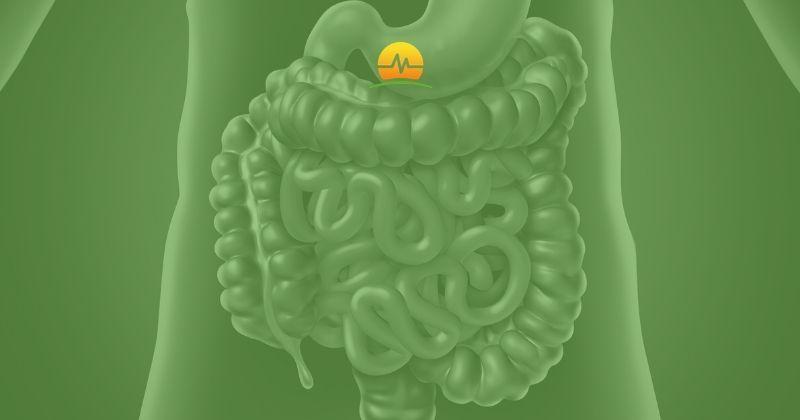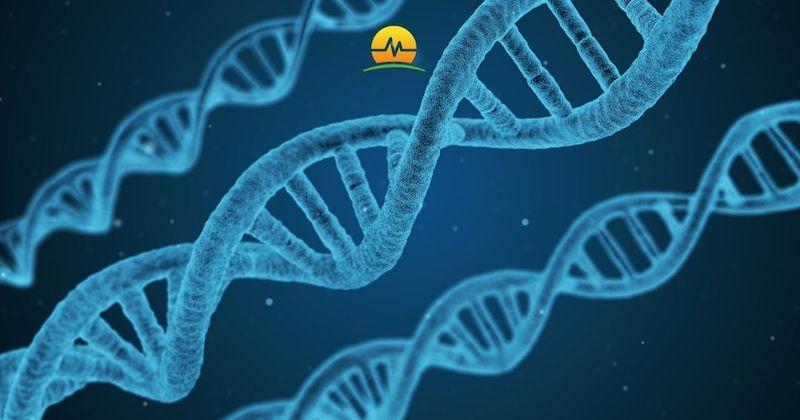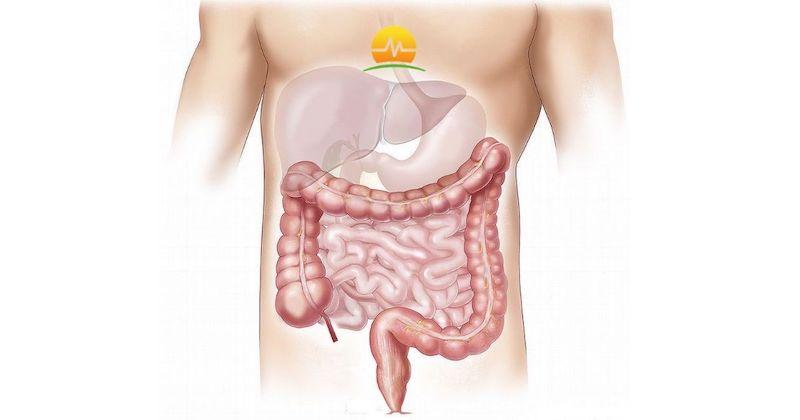
It’s an almost unbelievable situation. A cancer drug trial performed at a leading cancer institute with seemingly rigid protocols ended with remission in every participant. This is the new reality described in a paper published in the New England Journal of Medicine1 of a drug trial for the treatment of rectal cancer at Memorial Sloan Kettering Cancer Center in New York City.
Twelve patients took the drug dostarlimab, a single-agent PD-1 blockade, over 6 months and 12 patients came through with no detectable cancer, even when advanced PET and MRI diagnostics were performed. They did not receive traditional cancer treatments like surgery, chemotherapy, or radiation.
What You Need to Know About Dostarlimab
Dostarlimab was developed by Massachusetts-based biotech Tesaro which was then acquired in 2019 by pharmaceutical giant GlaxoSmithKline. It is marketed under the brand name Jemparli and was approved by the FDA in August 2021 for adult cancer patients with mismatch repair deficient recurrent or advanced solid tumors.
The drug is one of the latest approvals in novel treatments known as immunotherapy. Immunotherapy harnesses the power of portions of a person’s immune system to fight disease. There are a couple of ways in which immunotherapy is effective. First, it can enhance the immune system’s inherent defense system. Alternately, lab-created pseudo immune components can train the immune system to work smarter and more efficiently.
We use immunotherapy in several applications, but it still represents an area of medicine that we don’t know well and are trying to improve. Immunotherapy was even used to treat severe Covid in the form of monoclonal antibodies. Immunotherapy used in the treatment of cancer is called immuno-oncology.
“Immunotherapy is one of the most promising advances in cancer treatment and medicine,” says Dr. Alex Crean, colorectal specialist and surgeon here at MASJax. “Immuno-oncology, in particular, represents the future of certain cancer treatments, and ongoing research has yielded unbelievable advances over the past 10 or 20 years.”
We have the most effective disease-fighting tool in our bodies. While traditional cancer treatments like chemotherapy and radiation are effective, they wreak havoc on a body that needs all its strength to fight cancer and other life-threatening diseases.
While Dr. Crean was not part of the study, as physicians, especially those who treat cancer, this is a ray of sunshine in a world where we get lots of ups and downs for new treatments. “The results of the study are quite remarkable. I don’t believe there has ever been a clinical trial where all patients have seen complete cancer remission. But the trial results are even more exciting in that the drug did not cause significant side effects.”
It is important to remember that this is a small trial. 12 rectal cancer patients do not give us enough data to know that all rectal cancer patients will benefit from this therapy. What we do know, however, is that rectal cancer patients with these specific genetic markers have a new ray of hope for potential treatment.
It is also essential to understand that there is still a place in the treatment continuum for chemotherapy, radiation, and surgery. Immunotherapy is still in its infancy and targeted therapies such as these typically only work with a subset of cancer patients.
“As we work toward eliminating cancer through novel and effective treatments, we cannot forget two essential considerations,” says Dr. Crean. First, prevention is always preferable to treatment, no matter how effective the therapy is. So, be sure to exercise, eat well, and take your fiber supplements. Second, identifying colon and rectal cancer early and getting a proper diagnosis is critical to giving you as many treatment options as possible and preserving your longer-term quality of life.
Related Topics:
- Should I Get Genetic Testing for Colon Cancer?
- Five Tips to Improving your Colon Health and Reducing the Risk of Colon Cancer
1 Cercek A, Lumish MA, Sinopoli JC, et al. PD-1 blockade in mismatch repair-deficient, locally advanced rectal cancer. N Engl J Med. Published online June 5, 2022. doi:10.1056/NEJMoa2201445









